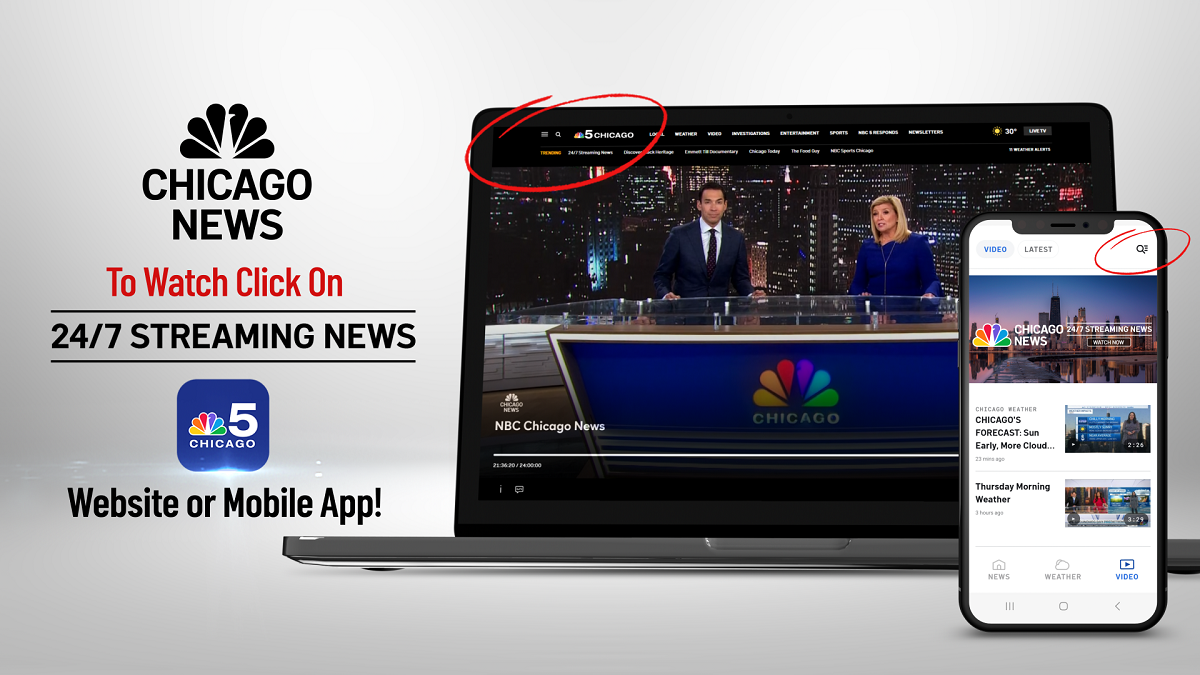Popular News - Questions
Wiki Article
What Does Popular News Mean?
Table of ContentsPopular News Fundamentals Explained10 Simple Techniques For Popular NewsUnknown Facts About Popular NewsThe 8-Minute Rule for Popular NewsSome Ideas on Popular News You Need To Know
Approximately fifty percent of customers on X (53%) obtain news there. On the various other hand, just 15% of Snapchat individuals consistently obtain news on the application.No social media sites website consisted of here has normal news consumers that are most likely to be Republican politicians or lean Republican, though there is no considerable partial distinction among information consumers on Facebook, X or Nextdoor. (Read the Appendix for information on U.S. grownups in each demographic group and party that frequently obtain news from each social media website.) This truth sheet was assembled by Research study Expert Jacob Liedke and Study Associate Luxuan Wang.
journalists, yet not for the general public, June 27, 2022 News on Twitter: Taken In by Most Individuals and Trusted by Several, Nov. 15, 2021 Greater than eight-in-ten Americans obtain information from digital devices, Jan. 12, 2021 Measuring Information Intake in a Digital Age, Dec. 8, 2020 Several Americans Get Information on YouTube, Where News Organizations and Independent Producers Thrive Side-by-side, Sept.
The 30-Second Trick For Popular News

Republican politicians are extra negative regarding the information they see on social networks than Democrats. Popular News. Among Republican social media information customers, 72% state they anticipate the information they see there to be unreliable, compared to 46% of Democrats and 52% of independents. And while 42% of those Democrats who get information on social media say it has aided their understanding of existing events, less Republican politicians (24%) say the same
Asked what they such as concerning the information experience on social networks, more Americans point out simplicity of usage than web content. "Convenience" is by much the most commonly discussed advantage, (21%), while 8% claim they most take pleasure in the communications with other individuals. Less social media news customers say they most like the variety of the sources readily available (3%), or the ability to customize the web content they see (2%).
The Basic Principles Of Popular News
About two-thirds of U.S. adults (68%) get information on social media sites, concerning the exact same as the part that did so in 2017 (67%). One-in-five get information there commonly.The following most commonly utilized site for information is YouTube, with 21% getting news there, followed by Twitter at 12%. Smaller sized portions of Americans (8% or less) get information from various other social media networks like Instagram, LinkedIn or Snapchat. The prestige of each social networks website current ecological community relies on 2 variables: its total appeal and the extent to which individuals see information on the site.
Virtually four-in-ten YouTube customers (38%) state they obtain news on YouTube, somewhat greater than the 32% of individuals who did so last year. And 30% of LinkedIn customers get news there, up from 23% in 2017. And LinkedIn, Twitter and Reddit's information customers are much more likely to have bachelor's degrees 61% of LinkedIn's information consumers do, as do 46% of Reddit's information consumers and 41% of Twitter's news consumers.
grownups a minimum of sometimes get news on social media, over half (57%) of these news customers say they anticipate the news they see on social media to be mostly incorrect. This is consistent with the low count on information from social media seen in past studies. About four-in-ten (42%) anticipate the information they see on social networks to be largely exact.
Among social media news customers, concerning three-quarters of Republicans claim this (72%), compared to 46% of Democrats and concerning fifty percent of independents (52%). And, while there are some age differences in assumptions of the precision of social media information, this celebration divide lingers no matter age. Issues regarding the errors in information on social media prevail also among those who say they favor to get their information there among this team, 42% say that they anticipate the information they see to find more information greatly be inaccurate.
The Main Principles Of Popular News

Although social media sites news customers have worries concerning the precision of the info there, they also cite some advantages of obtaining news on social networks, which might assist describe why getting information on the system is still so usual. The most frequently named favorable thing about getting news on social networks is convenience 21% say this is what they liked most, with actions such as "It's extremely obtainable," "It's available at the touch of a button" and "I do not need to go searching for it." Respondents likewise say they like the interpersonal element: 8% of social media sites news consumers state they take pleasure in interacting with others whether via reviewing the information, sharing information with friends and household, content or seeing my latest blog post what others' opinions are.
Report this wiki page